- Browse
- Microeconomics
Microeconomics Courses
Microeconomics courses can help you learn supply and demand dynamics, market structures, consumer behavior, and pricing strategies. You can build skills in analyzing market trends, understanding elasticity, and evaluating the impact of government policies on economic outcomes. Many courses introduce tools like Excel for data analysis and graphical representations, as well as software for modeling economic scenarios, which help you apply these concepts in practical settings.
Popular Microeconomics Courses and Certifications
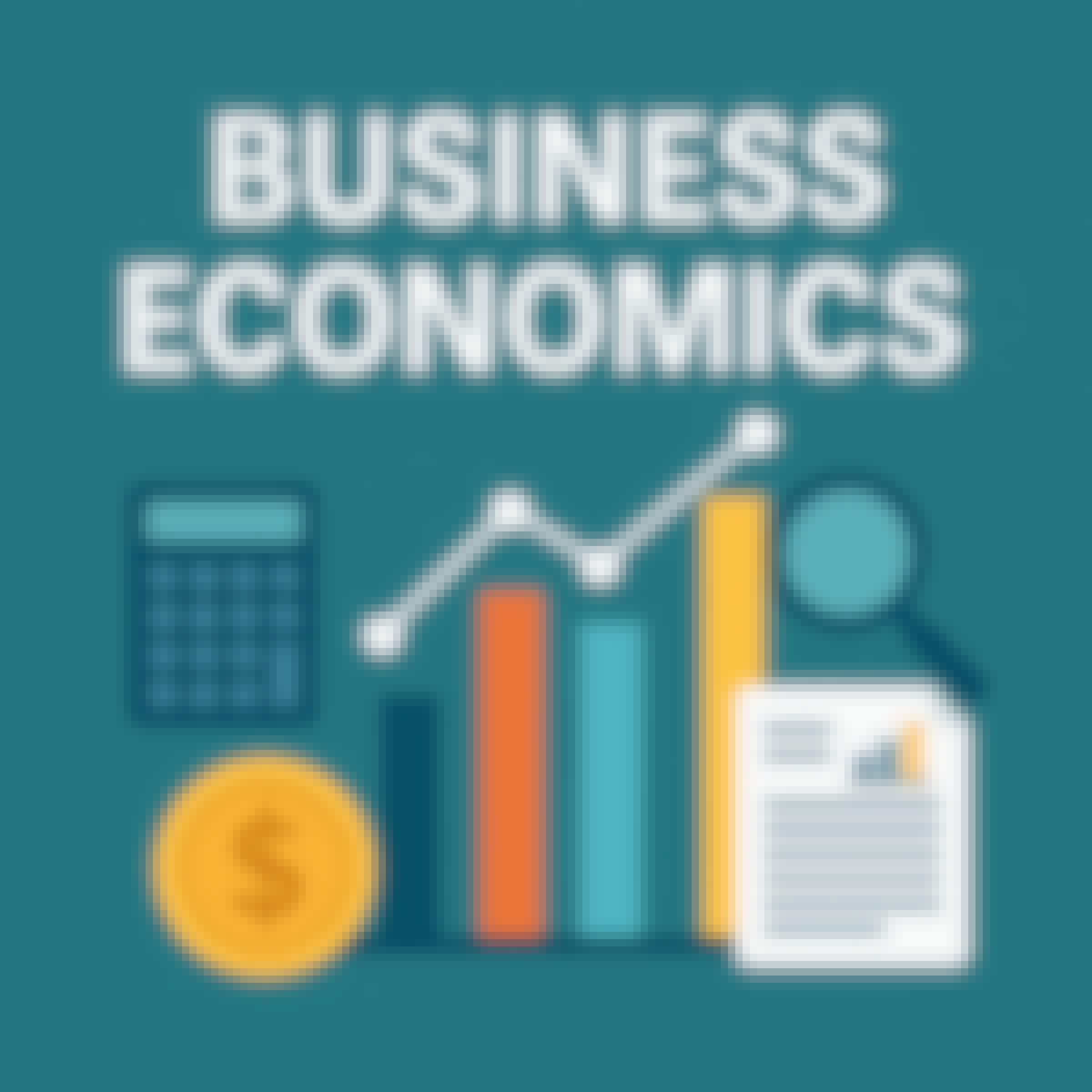 Status: PreviewPreviewO
Status: PreviewPreviewOO.P. Jindal Global University
Skills you'll gain: International Finance, Game Theory, Business, Sustainable Business, Production Management, Market Analysis, Financial Systems
Build toward a degree
Beginner · Course · 3 - 6 Months
 Status: PreviewPreviewU
Status: PreviewPreviewUUniversity of Virginia
Skills you'll gain: Agentic systems, Economics, Artificial Intelligence, Economic Development, Socioeconomics, Public Policies, Automation, Labor Relations, Emerging Technologies, Theoretical Computer Science, Market Dynamics, Growth Strategies, Policy Analysis, Innovation
4.7·Rating, 4.7 out of 5 stars74 reviewsAdvanced · Course · 1 - 3 Months
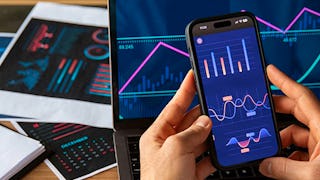 Status: PreviewPreviewO
Status: PreviewPreviewOO.P. Jindal Global University
Skills you'll gain: Economics, Game Theory, Economic Development, Market Dynamics, Socioeconomics, Behavioral Economics, Business Economics, Policy Analysis, Public Policies, Decision Making, Market Analysis, Consumer Behaviour, Supply And Demand, Analysis, Cost Benefit Analysis, Strategic Decision-Making, Competitive Analysis, Production Planning, Critical Thinking, Resource Allocation
Build toward a degree
Beginner · Course · 1 - 3 Months
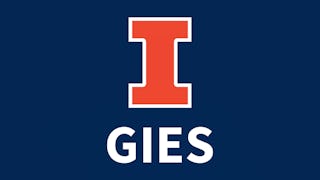 Status: Free TrialFree TrialU
Status: Free TrialFree TrialUUniversity of Illinois Urbana-Champaign
Skills you'll gain: Supply And Demand, Market Dynamics, Economics, Business Economics, Cost Accounting, Consumer Behaviour, Tax, Price Negotiation, Resource Allocation
Build toward a degree
4.8·Rating, 4.8 out of 5 stars2.5K reviewsIntermediate · Course · 1 - 4 Weeks
 Status: Free TrialFree TrialI
Status: Free TrialFree TrialIIllinois Tech
Skills you'll gain: Market Dynamics, Supply And Demand, Game Theory, Economics, Market Trend, Business Economics, Market Analysis, Operating Cost, Business Strategy, Competitive Analysis, Cost Management, Strategic Decision-Making, Decision Making
Build toward a degree
4.5·Rating, 4.5 out of 5 stars54 reviewsBeginner · Course · 1 - 4 Weeks
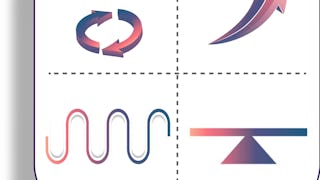 Status: PreviewPreviewE
Status: PreviewPreviewEErasmus University Rotterdam
Skills you'll gain: Consumer Behaviour, Market Dynamics, Financial Market, Economics, Market Analysis, Tax, Economics, Policy, and Social Studies, Public Policies, Environmental Issue, Socioeconomics, Sustainable Development, Supply And Demand, Behavioral Economics, Decision Making
4.5·Rating, 4.5 out of 5 stars378 reviewsBeginner · Course · 1 - 3 Months
 Status: FreeFreeW
Status: FreeFreeWWesleyan University
Skills you'll gain: Court Systems, Civil Law, Legal Proceedings, Litigation and Civil Justice, Property and Real Estate, Economics, Technology Strategies, Compensation Management, Case Studies
4.6·Rating, 4.6 out of 5 stars558 reviewsMixed · Course · 1 - 3 Months
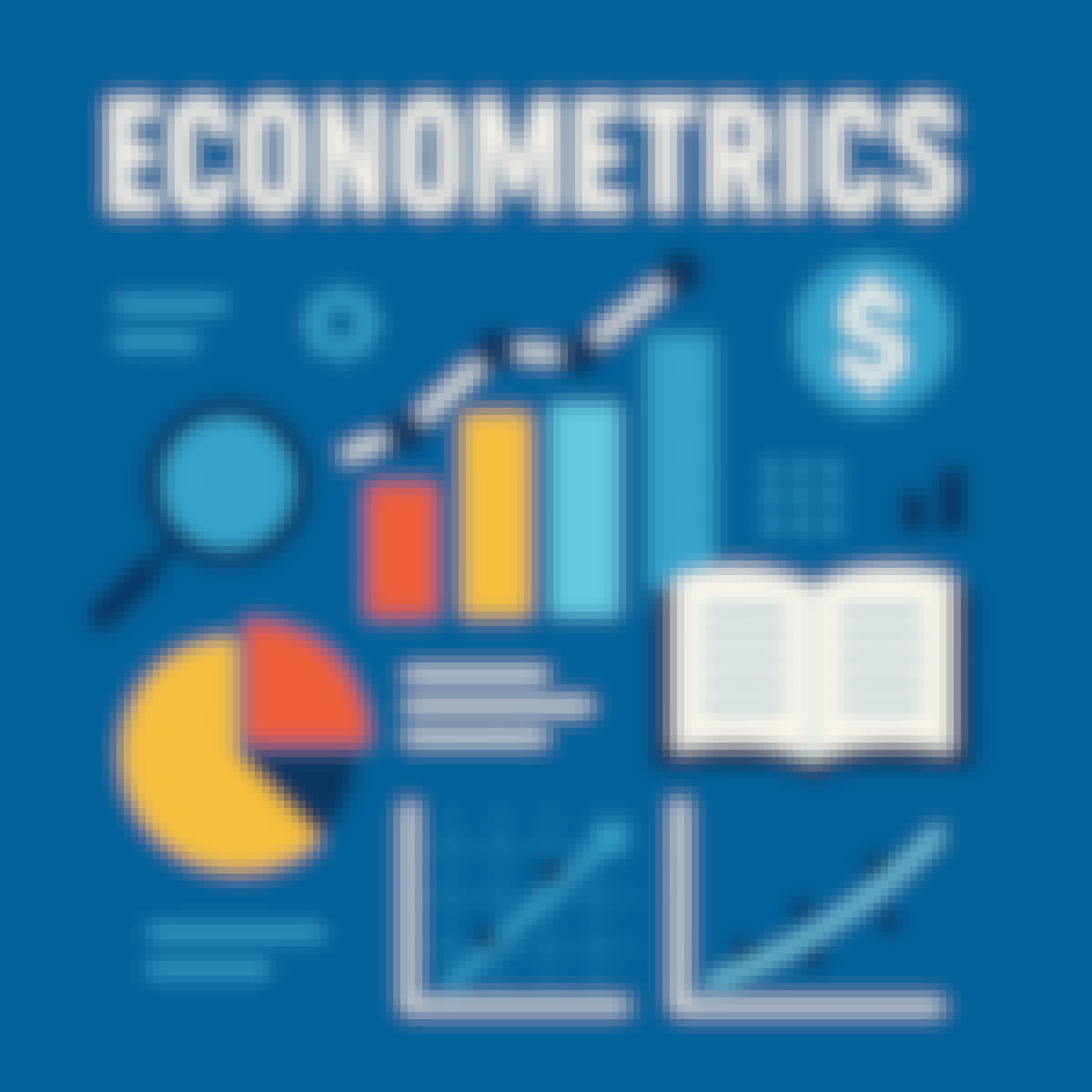 Status: NewNewStatus: PreviewPreviewO
Status: NewNewStatus: PreviewPreviewOO.P. Jindal Global University
Skills you'll gain: Econometrics, Regression Analysis, Probability & Statistics, Statistical Modeling, Statistical Analysis, Correlation Analysis, Time Series Analysis and Forecasting, Economics, Statistical Inference, Probability Distribution, Logistic Regression, Model Evaluation
Build toward a degree
Beginner · Course · 1 - 3 Months
 Status: Free TrialFree TrialU
Status: Free TrialFree TrialUUniversity of Pennsylvania
Skills you'll gain: Managed Care, Health Systems, Health Care Administration, Health Care Procedure and Regulation, Health Care, Value-Based Care, Medicaid, Insurance, Health Policy, Medicare, Economics, Behavioral Economics, Supply And Demand, Market Dynamics, Long Term Care, Payment Systems, Hospice
4.8·Rating, 4.8 out of 5 stars699 reviewsMixed · Course · 1 - 4 Weeks
 Status: Free TrialFree TrialI
Status: Free TrialFree TrialIIE Business School
Skills you'll gain: Price Negotiation, Strategic Marketing, Product Strategy, Revenue Management, Market Dynamics, Marketing Psychology, Consumer Behaviour, Business Marketing, Customer Analysis, Cost Accounting, Profit and Loss (P&L) Management, Customer Insights, Market Research, Sales, Competitive Analysis
4.7·Rating, 4.7 out of 5 stars1.1K reviewsBeginner · Course · 1 - 4 Weeks
 Status: PreviewPreviewE
Status: PreviewPreviewEErasmus University Rotterdam
Skills you'll gain: Econometrics, Time Series Analysis and Forecasting, Regression Analysis, Logistic Regression, Data Analysis, Analytics, Statistical Analysis, Statistics, Case Studies, Forecasting, Model Evaluation, Probability, Linear Algebra, Peer Review
4.6·Rating, 4.6 out of 5 stars1.2K reviewsMixed · Course · 1 - 3 Months
 Status: FreeFreeE
Status: FreeFreeEErasmus University Rotterdam
Skills you'll gain: Econometrics, Data Collection, Probability & Statistics, Regression Analysis, Survey Creation, Statistics, Quantitative Research, Descriptive Statistics, Data Literacy, Time Series Analysis and Forecasting, Statistical Analysis, Model Evaluation
4.1·Rating, 4.1 out of 5 stars138 reviewsBeginner · Course · 1 - 3 Months
In summary, here are 10 of our most popular microeconomics courses
- Business Economics: O.P. Jindal Global University
- The Economics of AI: University of Virginia
- Microeconomics: Foundations and Insights: O.P. Jindal Global University
- Firm Level Economics: Consumer and Producer Behavior: University of Illinois Urbana-Champaign
- Managerial Economics: Buyer and Seller Behavior: Illinois Tech
- Introduction to Economic Theories: Erasmus University Rotterdam
- Property and Liability: An Introduction to Law and Economics: Wesleyan University
- Econometrics - Theory and Practice: O.P. Jindal Global University
- The Economics of Health Care Delivery: University of Pennsylvania
- Pricing Strategy: IE Business School










